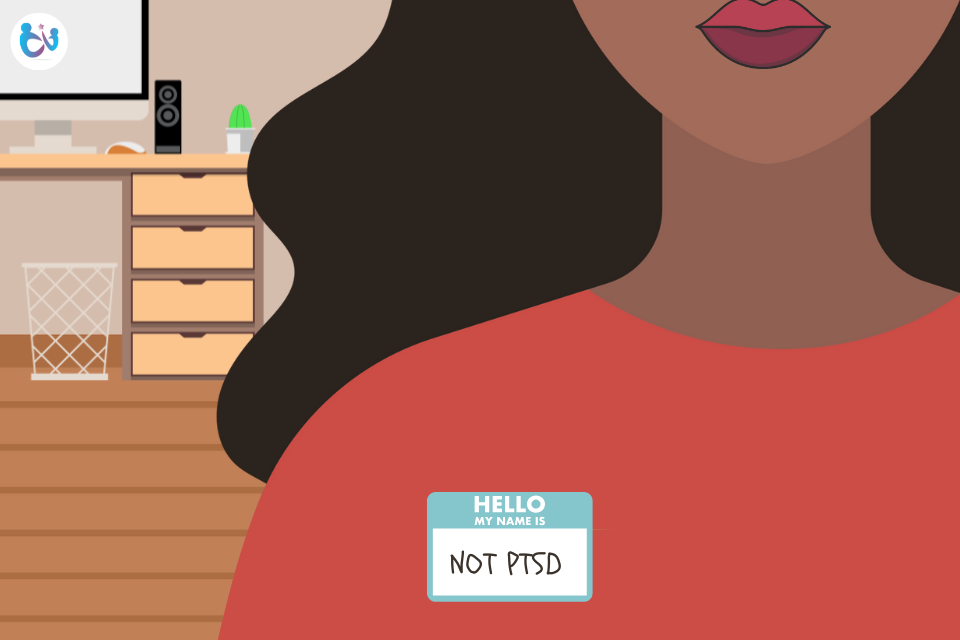Misdiagnosed and Misunderstood: When PTSD Wears Another Name
July 14, 2025

Sometimes trauma doesn’t come with flashbacks and nightmares. Sometimes, it looks like chronic pain, a short temper, or even “laziness.” It wears names like Depression. ADHD. Bipolar. Anxiety. Borderline. Personality disorder. When in truth, the root wound is trauma—unprocessed, invisible, and misnamed.
Post-Traumatic Stress Disorder (PTSD) is not only a soldier’s story. In our work at Emotiontal Assessment and Therapy Centre, we often meet people who have carried trauma for years without realizing it. They come in for burnout, panic attacks, sleep disorders, relationship challenges, or identity confusion. They’ve been given different diagnoses along the way—some helpful, some not. But none of them ever touched the origin: a wound that was never witnessed.
The truth is, PTSD is often misdiagnosed because trauma has layers. It hides beneath coping patterns, shaped by childhood experiences, cultural silence, or survival mode. If you were raised in a high-conflict home, exposed to violence, sexual abuse, neglect, or emotional invalidation, your body may still be stuck in that storm, even if your mind has moved on.
You might be functioning, succeeding, or even laughing—but inside, your nervous system is constantly scanning for danger. You don’t feel safe, even when nothing is wrong. You overreact or shut down. You dissociate and lose chunks of time. You avoid feelings. Or maybe you feel everything, all the time.
Unfortunately, when these symptoms are misunderstood, they can lead to years of treatment that focuses on the surface—sleep, mood, attention—without ever naming the real cause. PTSD wears many faces, especially in those who have never had a chance to name their pain.
This is why trauma-informed mental health care matters. At Emotiontal, we take the time to look beyond the label. We ask different questions. We listen for what wasn’t said. We’re not just interested in your symptoms—we’re curious about your story.
If this article feels like it could be describing you or someone you love, you’re not alone. There is a name for what you’re experiencing. And more importantly, there is help.
Let’s talk.
